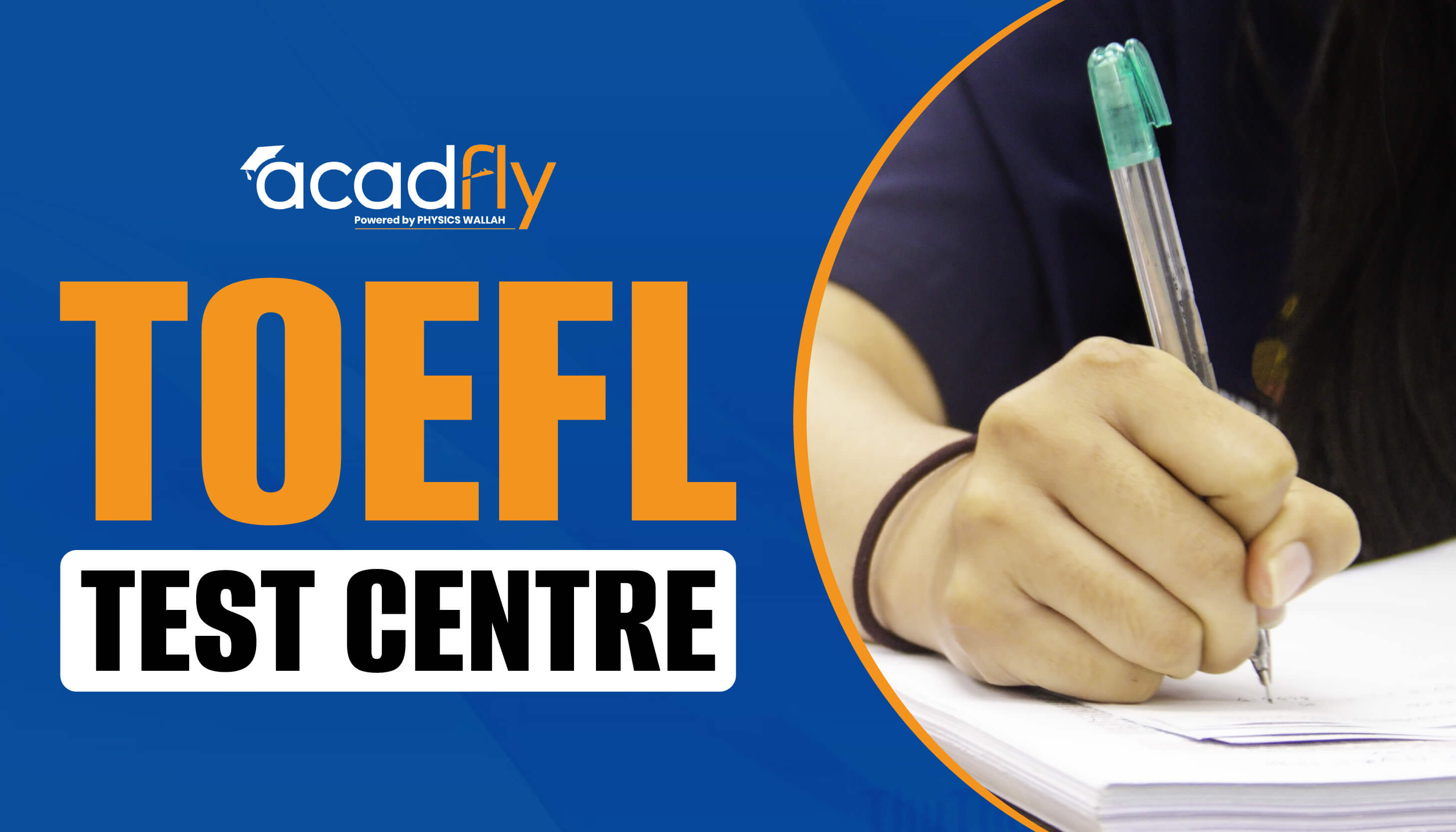
GMAT Eligibility stands as a pivotal hurdle on the path to an MBA or other graduate management programs. While the test itself is renowned for its rigor, a common question often arises: "Am I even eligible to take the GMAT?" GMAT eligibility is far more straightforward and inclusive than many might assume. Unlike the strict prerequisites often imposed by business schools, the GMAT itself has very few formal barriers.
Dreaming of an MBA or a specialized business master's degree? The GMAT exam often stands as a significant milestone on that path. However, before diving into test preparation or application essays, a foundational concern for many prospective students is understanding who is qualified to sit for the exam. This article serves as your definitive resource, designed to demystify GMAT eligibility. We'll explore the various criteria, from age and educational background to testing frequency and identification requirements, empowering you with the knowledge to confidently take the first crucial step toward your business school aspirations.
GMAT Eligibility
When it comes to taking the GMAT exam, the official body, the Graduate Management Admission Council (GMAC), maintains a remarkably open-door policy. You might be surprised to learn that there are virtually no hard-and-fast rules regarding age, educational background, or work experience to simply register for GMAT and take the exam.
The table below shows the Overview of GMAT eligibility
GMAT Eligibility Overview |
|
|
Aspect |
GMAT Eligibility (to take the test) |
|
Age |
No minimum or maximum |
|
Education |
No specific degree required |
|
Work Experience |
Not required |
|
Nationality |
No restrictions |
|
English Proficiency |
Implied (test administered in English) |
|
ID Requirements |
Valid, unexpired government-issued ID is MANDATORY |
Age
There is no minimum or maximum age limit to take the GMAT. Whether you're a recent graduate or a seasoned professional looking for a career change, you are eligible to sit for the exam, provided you can produce a valid ID (explained below).
Educational Qualification
Surprisingly, GMAC does not mandate a specific educational qualification, like a bachelor's degree, to take the GMAT. While nearly all business schools require applicants to hold at least a bachelor's degree (or its international equivalent), the GMAT itself doesn't impose this precondition. This means, theoretically, you could take the GMAT without a degree, though your score would likely be useless for MBA applications without one.
Work Experience
Just like educational qualifications, there is no work experience requirement to take the GMAT. Many test-takers are students or recent graduates with little to no full-time professional experience. Again, while not required for the test, work experience is a significant component of most top-tier MBA program applications.
Nationality/Citizenship
The GMAT is a globally recognized exam, and there are no restrictions based on nationality or citizenship. It is offered in over 100 countries worldwide.
English Language Proficiency
The GMAT is administered entirely in English. While there's no separate "English proficiency test" requirement to take the GMAT (like TOEFL or IELTS), a strong command of the English language is essential to perform well on the Verbal and Analytical Writing Assessment sections. If you're a non-native English speaker, demonstrating proficiency through GMAT Verbal scores can sometimes waive the need for additional language tests for B-school applications, but this varies by institution.
Refer GRE vs GMAT: Which Test is Right for You?
The Most Crucial "Eligibility" Factor: Valid Identification
While the broad criteria are minimal, there is one absolute, non-negotiable requirement for taking the GMAT: proper identification.
-
Government-Issued Photo ID: You must present a valid, unexpired, government-issued photo identification. This typically includes a passport, driver's license, or national ID card.
-
Exact Name Match: The name on your ID must exactly match the name you used during your GMAT registration. Any discrepancies, even minor ones like a missing middle initial or a different spelling, can lead to you being turned away.
-
Current and Legible: Your ID must be current (not expired) and legible, with a clear photograph.
-
It is vital to double-check these ID requirements specific to your country and test center when registering, as minor differences can exist.
Planning for 2025 Admissions
For those targeting the 2025 application cycle, here’s how to approach GMAT eligibility and beyond:
- Confirm School Requirements: As early as possible, research the specific GMAT policies and overall admission requirements for each program you are interested in. Check their official websites for the most up-to-date information.
-
Plan Your Test Date: Give yourself ample time to prepare for the GMAT. Most applicants dedicate 2-4 months to studying. Register for your test date well in advance to secure your preferred slot.
-
Prioritize ID: Double-check your identification documents months before your test date to ensure they are valid and meet all GMAC requirements
-
Scholarships: Apply for MBA Scholarships for International Students and plan your finances.
-
Prepare Thoroughly: While not an eligibility rule, adequate preparation is the single most important factor for achieving a competitive GMAT score, which is crucial for admissions. Also Read Top GMAT Preparation Courses and Resources
The GMAT eligibility criteria are straightforward, primarily focusing on age and valid identification. GMAC aims to make the exam accessible to a wide range of individuals considering graduate business education. Your primary focus should be on understanding and meeting the admission requirements of your target business schools, which will be far more comprehensive.
GMAT Eligibility FAQs
Is there an age limit for GMAT?
Do I need a bachelor's degree to take the GMAT?
Is work experience required for GMAT?
How many times can I take the GMAT?
What kind of ID do I need to take the GMAT?









